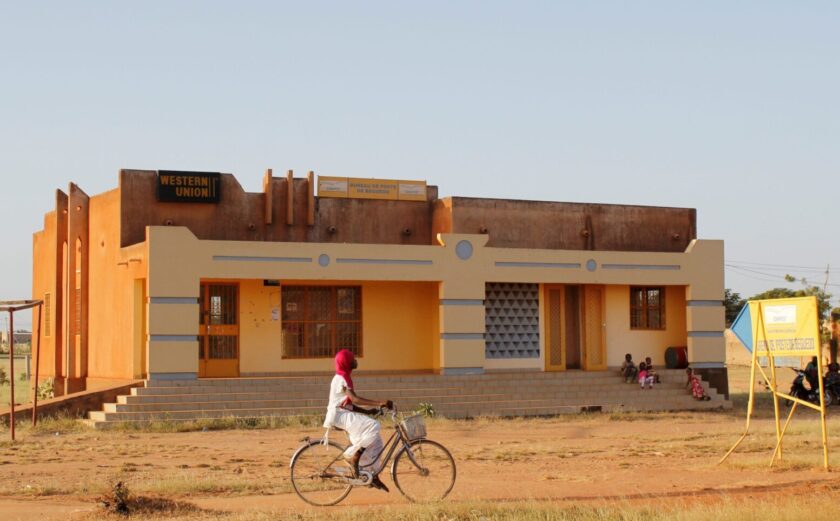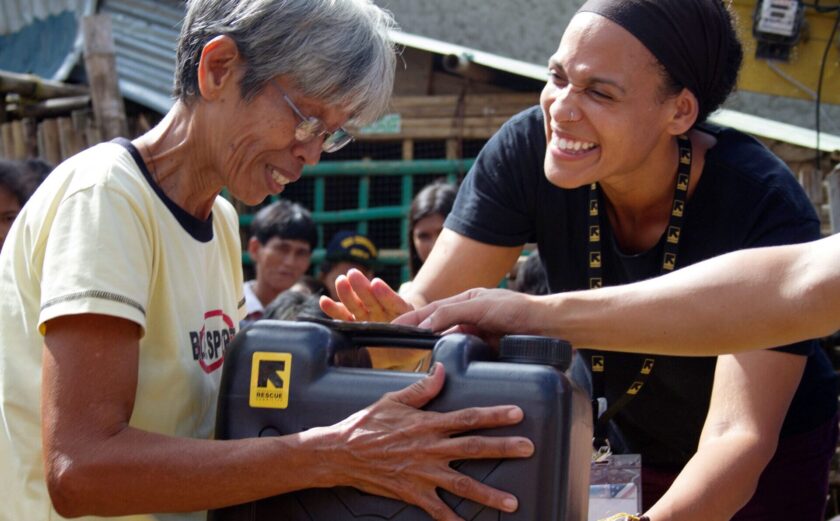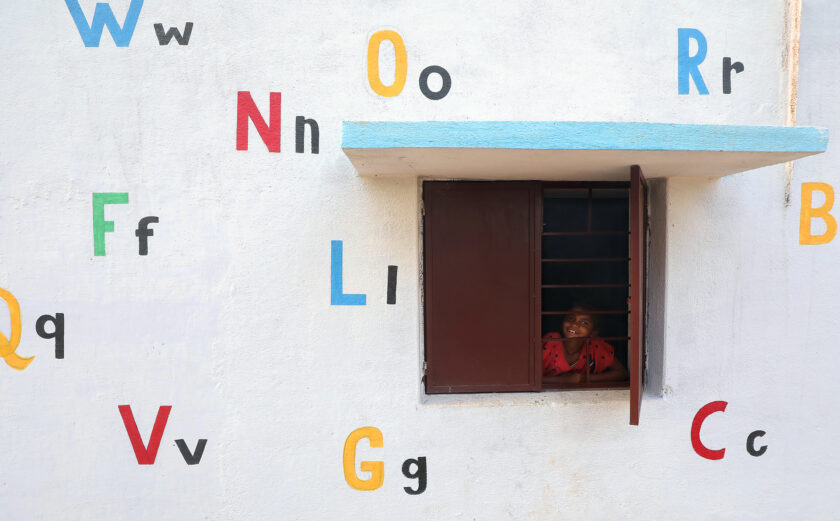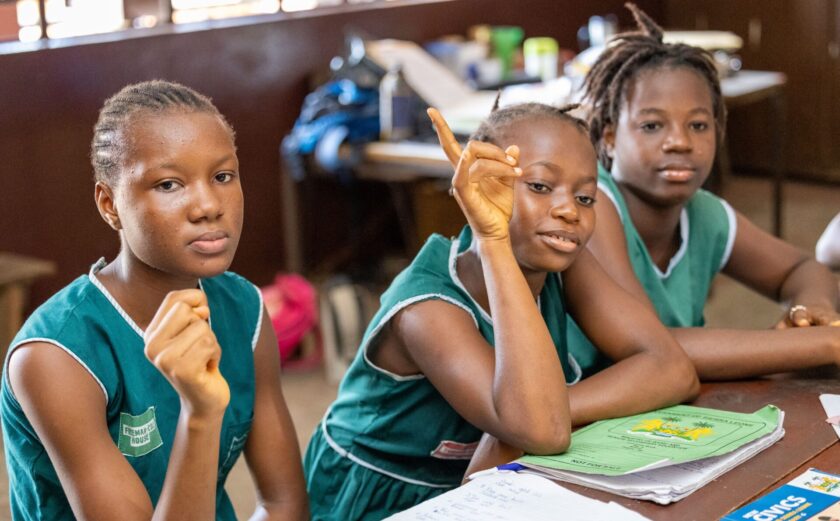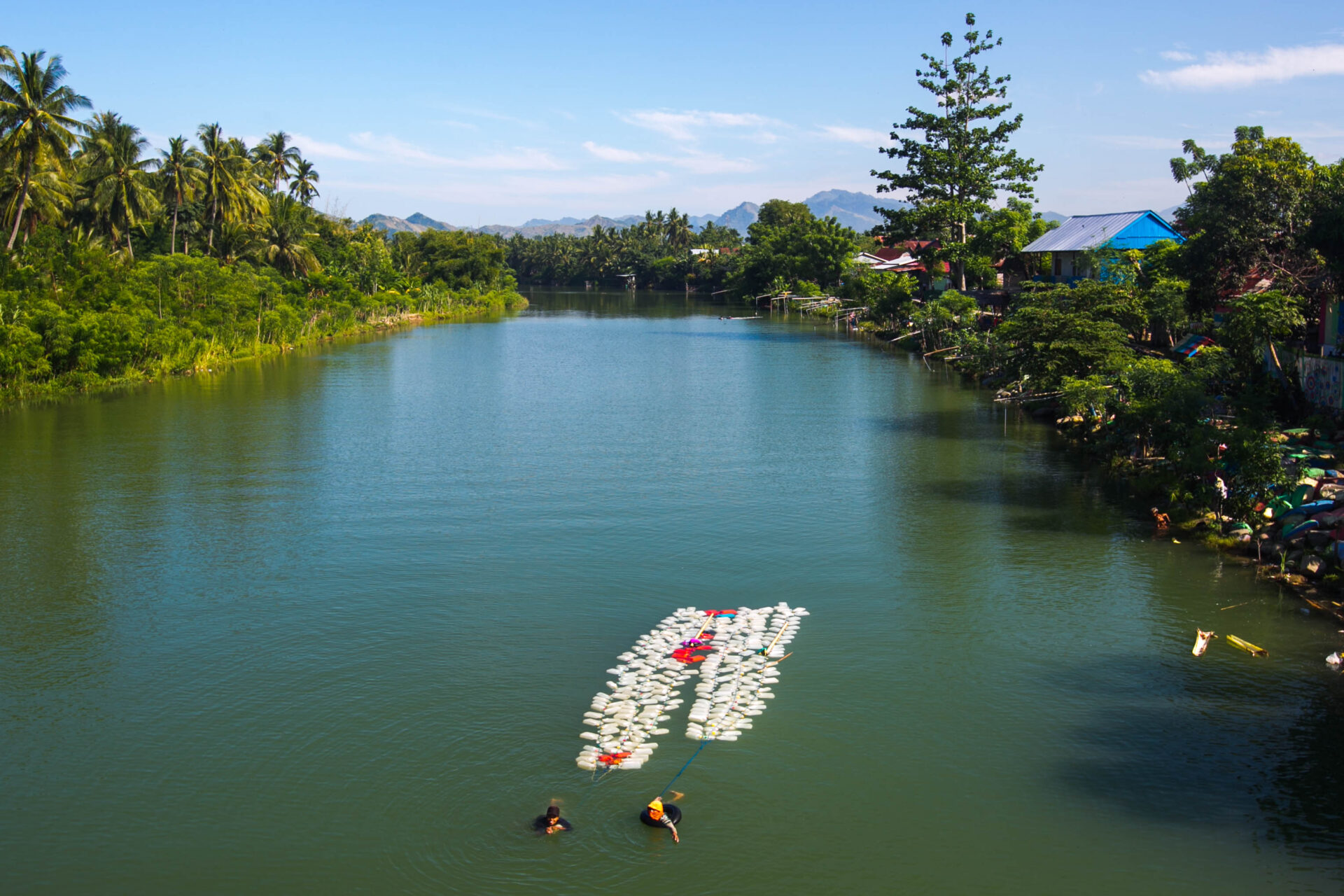
Key Takeaways from the First U.N. Water Conference in 46 Years
Last month, thousands of attendees from governments, the private sector, and nonprofits convened at the first U.N. Water Conference since 1977.
Participants voiced concerns about the global water, sanitation, and hygiene (WASH) crisis, outlined its impact across sectors, and discussed ways to accelerate solutions. In addition, stakeholders submitted nearly 700 voluntary commitments to the U.N. Water Action Agenda during the conference—from corporate sustainability pledges, to investment commitments, to government funding and policy pledges. Below are the biggest takeaways from the conference.
Collaboration is Essential
No single stakeholder can solve this crisis alone. While governments must set national agendas and prioritize investment, philanthropists, the private sector, international NGOs, and civil society are all critical to reaching everyone, everywhere with clean water, decent toilets, and good hygiene.
The U.S. Government is leading by example, investing massive sums in domestic WASH infrastructure and targeted global investments that link WASH to climate adaptation, economic development, and food security. The U.S. commitment of more than $49 billion is positioned to “advance equitable access of climate-resilient water and sanitation infrastructure at home and abroad.”
The private sector appears to be not far behind. The Business Leaders’ Open Call to Accelerate Action on Water was launched during the conference, with more than 50 companies committing to water resilience across their operations and supply chains by 2030. This is part of a broader strategy of the Water Resilience Coalition, an industry-driven, CEO-led initiative to address the global water crisis. As one of the Coalition’s key partners, WaterAid is working with Coalition members to scale the role of women as agents of change to reach millions of people with clean WASH in India by 2030.
These are encouraging developments and signal the importance of public-private partnerships in achieving progress at scale. But as many Global South leaders stated at the conference, more investments are required.
WASH is a Cross-cutting Issue and a Requirement for Success
The conference solidified a growing global understanding that water security, and especially safe access to WASH, underpins almost every other development goal. WaterAid moderated the USG’s official U.N. side event which highlighted ways that water security is a “linchpin for global resilience,” particularly for climate adaptation, food security, economic growth, global health, and gender equality. Simply put, no one can thrive without access to safely managed WASH.
WaterAid research shows that improving access to sanitation can help achieve 130 targets across all 17 Sustainable Development Goals. Improving access to water, decent toilets, and hygiene have far reaching knock-on effects. Poor WASH access is often the frontline experience of water insecurity and a driver of poor water quality.
Again and again, NGO leadership working against hunger, climate change, and other global crises linked the role of water security to their ability to succeed. For example, the World Food Program, recognizing their dependence on clean WASH for success, suggested that their name be changed to the “Water, Food, and People” program. Participants also noted that investments in preventative global health and preparedness are critically low, failing to scale up WASH as a bulwark against infection and disease.
These cross-sectoral connections within development work must be made by integrating water security across various sector policies and programs. The NGO development and humanitarian community must also integrate and coordinate at the working level, or face the failures of neglect, with unjust costs to communities.
We Must Elevate Marginalized Voices
More than 9,000 people participated in official events inside the U.N. headquarters—triple the attendance the U.N. was expecting—which shows the growing attention on water programming. Increased attention on WASH is needed, but the voices of marginalized groups must be elevated as we forge ahead.
Those attending the conference heard limited voices of Indigenous leaders, women, and those on the front lines of the water crisis. Indigenous groups highlighted the importance of ancestral knowledge in adapting to climate change and the role of cultural legacy in advancing water stewardship and WASH access. Women advocates discussed the global impact of women collectively losing 200 million productive hours per day as they collect water. Women and medical professionals talked about the unacceptable risks women face when giving birth in health centers that lack safe WASH. Despite women representing up to 90% of frontline health workers and the majority of patients, health systems do not prioritize their rights and demands for clean, safe, and dignified WASH as a part of basic healthcare.
Hearing firsthand perspectives is a huge step forward in linking WASH to climate adaptation, gender equality, and public health, but we must do more. It is only by working side-by-side with Indigenous communities, women, and other vulnerable groups that their unique and diverse voices, experiences, and knowledge will be considered, leading to more effective, culturally relevant, and sustainable solutions.
A Path Forward
The private sector is stepping up in meaningful ways and governments are starting to prioritize domestic and international WASH access as a key driver of prosperity, global health, and security. Policy commitments and implementation at the national and global level are key to moving the needle further. Local, indigenous, and women-led groups continue to call for action. Change in policy, programs, and funding are required for our collective future.
The momentum culminating in the U.N. Water Conference must be seen as a long overdue reset, serving as a call to elevate WASH and break down silos across stakeholders and sectors. Our collective action must be harnessed to reach the billions of people living without clean water, decent toilets, and adequate hygiene. We don’t have a moment to lose.
—
Elizabeth Marcey is the Director of Policy and Advocacy at WaterAid America. Elizabeth joined WaterAid in 2020, bringing more than a decade of experience leading advocacy on Capitol Hill for international development funding and policy. Prior to WaterAid, Elizabeth covered a variety of portfolios at the Bill and Melinda Gates Foundation and several Washington D.C. nonprofits, including CARE USA and Bread for the World.
